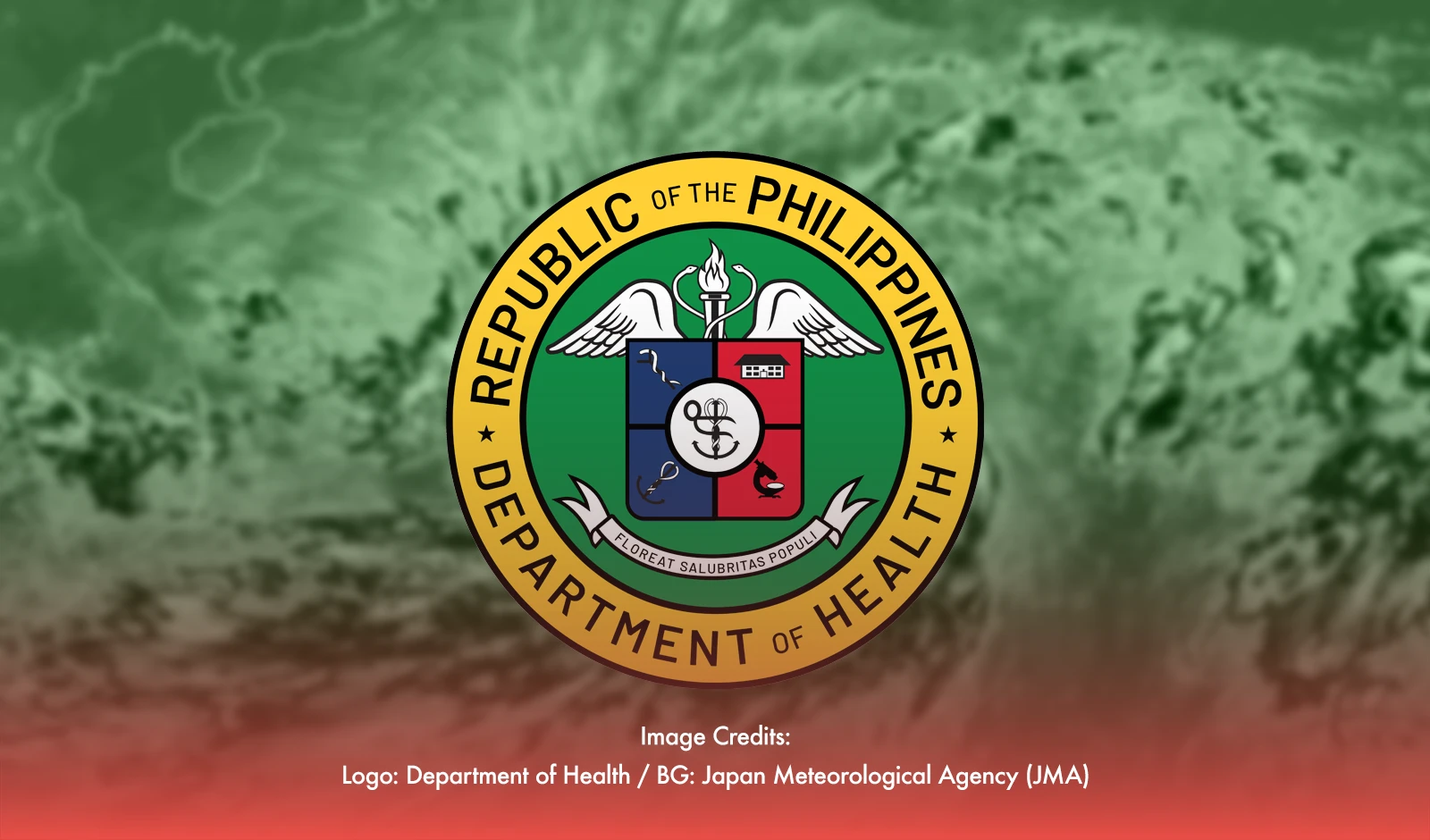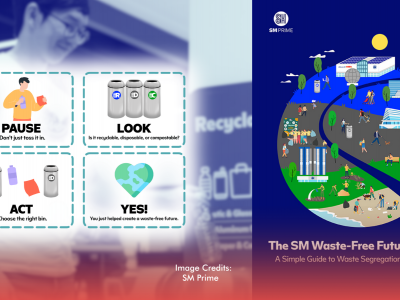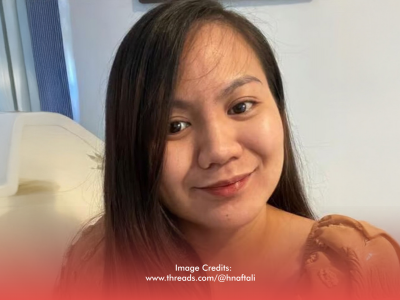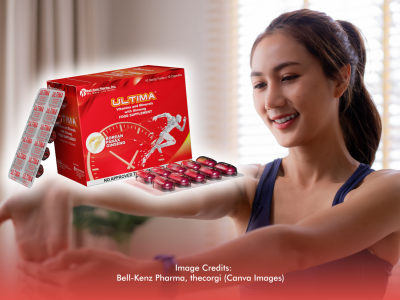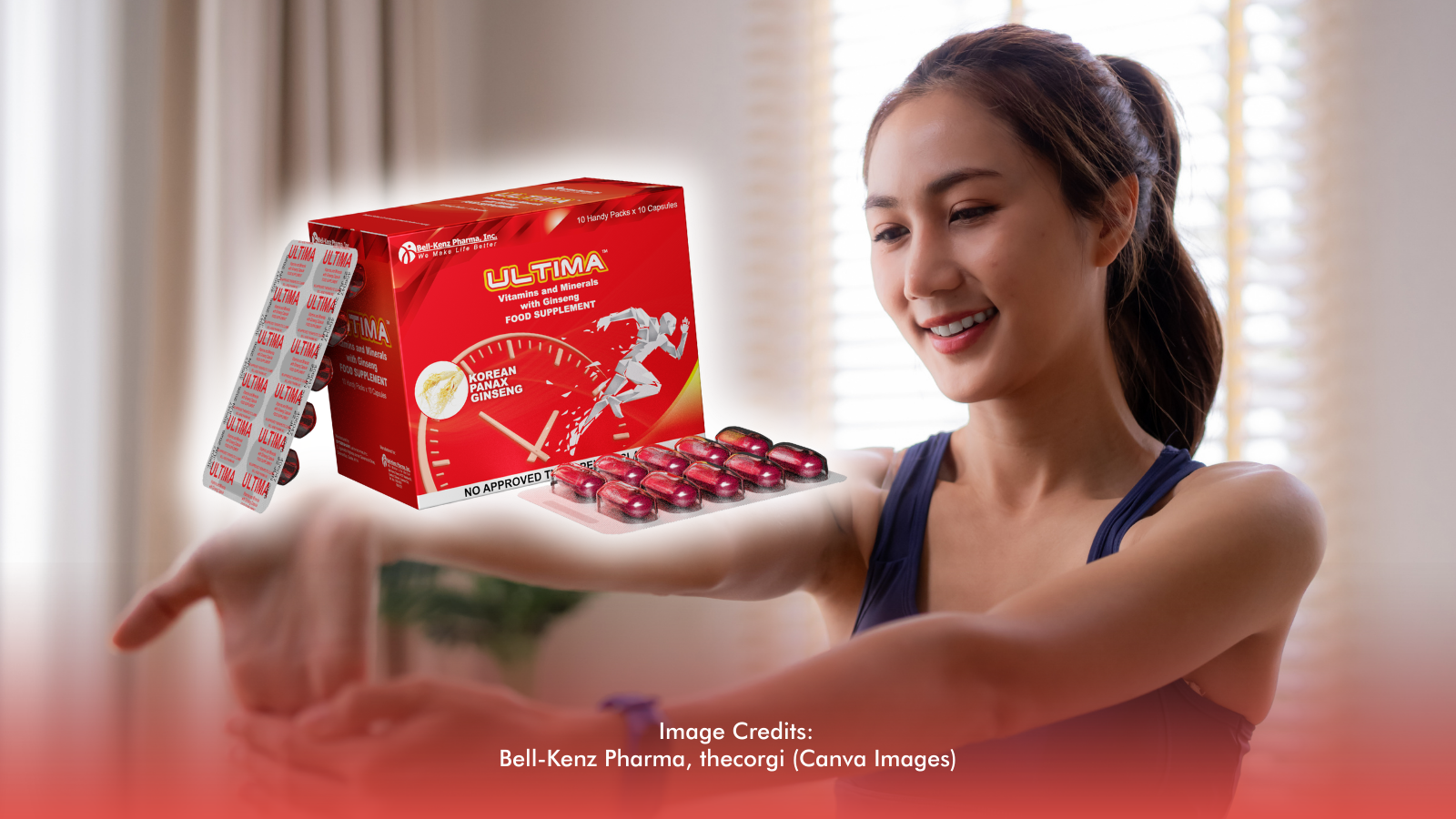In light of the health risks brought on by Tropical Storm Kristine, the Department of Health (DOH) is taking swift action to support affected communities. With flooding and water contamination posing serious threats, the DOH is encouraging everyone to take advantage of its telekonsulta services.
Why Telekonsulta Matters Now
With many people facing potential exposure to floodwaters, accessing healthcare is more important than ever. The DOH’s telekonsulta services provide a convenient way to get medical advice without having to visit a facility in person. If you’ve walked through floodwaters, ingested contaminated water, or are experiencing symptoms, don’t hesitate to call the National Patient Navigation and Referral Center at 1555 (press 2). The hotline is available daily from 8 a.m. to 5 p.m., ready to assist you in navigating your health concerns.
Protecting Yourself from Leptospirosis
Meanwhile, Leptospirosis cases have surged this year, prompting the DOH to recommend preventive measures. If you've been in contact with floodwaters, especially if you have any cuts or wounds, consider taking doxycycline as a precaution. Here's a quick guide:
- - Low Risk: Take two 100mg capsules within 24 to 72 hours of exposure.
- - Medium Risk: Take two 100mg capsules for three to five days within the same timeframe.
- - High Risk: If you're frequently in floodwaters, take two 100mg capsules weekly until you can avoid them.
Finding Help in Your Area
The DOH has set up various health centers across the country to provide immediate assistance during this crisis. If you’re in Luzon, you can reach out to facilities like the Baguio General Hospital Medical Center or the Central Luzon Center for Health Development. Residents in the Visayas and Mindanao can also access their local health development centers for support.
With nearly 79,000 diarrhea cases reported this year due to contaminated water, prompt action is essential. Additionally, to ensure you’re drinking safe water, boil it for at least two minutes or use chlorine tablets, which are provided for free at local health centers.

